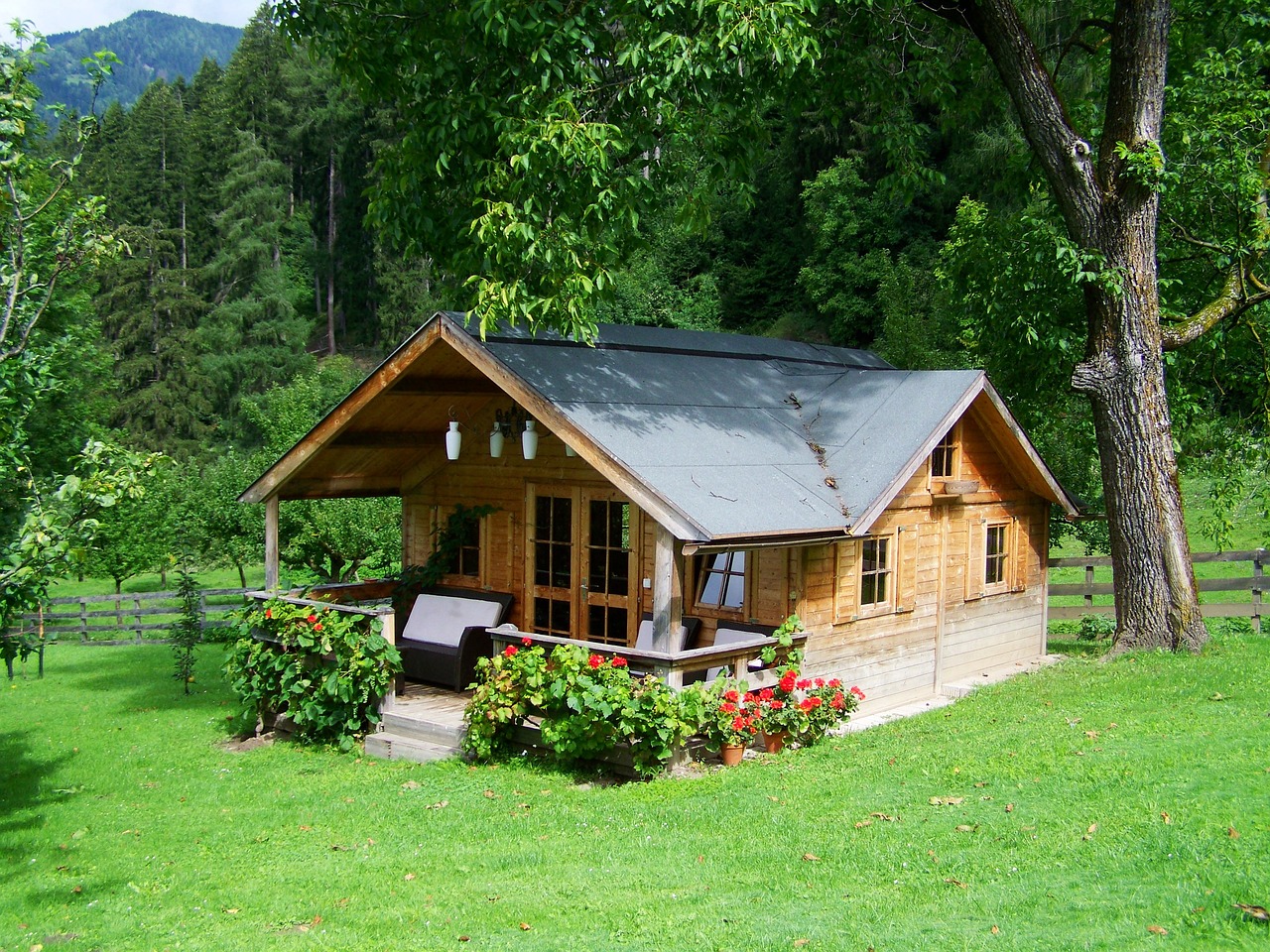Let's dive into understanding over-insurance and underinsurance for homeowners.
Overinsurance
Imagine you have a valuable item, like a gaming console, and you decide to insure it. However, instead of insuring it for its actual value, you choose a much higher coverage amount. This is over-insurance. While it might seem like a good idea to ensure you're fully protected, over-insurance can lead to paying higher premiums than necessary. You might think you're getting extra safety, but in reality, you won't get more money than the actual value of the item, even if you've overinsured it. It's like buying more tickets for a movie than you need – you're not going to watch the extra screenings.
Underinsurance
Now, consider the same gaming console. You decide to insure it, but this time you choose a coverage amount that's lower than its actual value. This is underinsurance. If something happens to your console and it needs to be replaced, your insurance payout might not be enough to cover the cost of a new one. It's like buying a ticket for a friend to join you at the movies, but then realizing you don't have enough for both of your tickets.
In the context of homeowners, overinsurance means you're paying for more coverage than your house and its belongings are worth. It might feel like you're getting extra protection, but you're essentially wasting money on premiums that don't give you any real advantage.
On the other hand, underinsurance means you haven't bought enough coverage for your home and belongings. So, if something unfortunate occurs, like a fire damaging your home or a burglary, your insurance might not provide sufficient funds to fully repair or replace what you've lost.
To avoid these situations, it's important to find the right balance. You want your insurance coverage to accurately reflect the value of your possessions and property. This involves taking an inventory of your belongings, understanding the replacement costs of items, and evaluating the potential risks your home might face.
Remember, insurance is like a safety net. It's there to help you during unexpected events, but you want to make sure it's the right size – not too big that you're wasting money, and not too small that it doesn't catch you when you fall.








